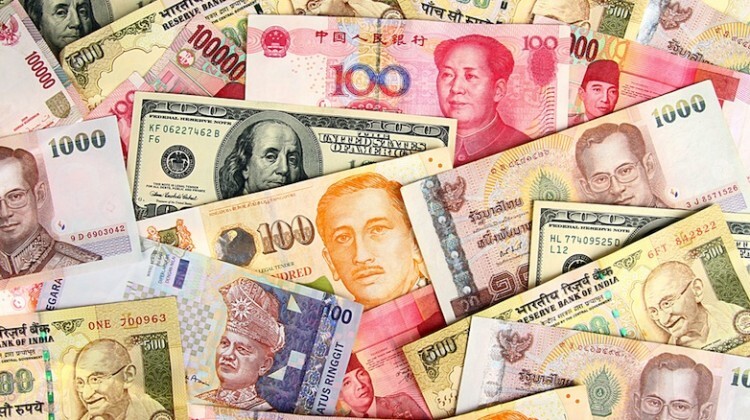this post was submitted on 22 Jul 2023
447 points (96.7% liked)
Asklemmy
43898 readers
1214 users here now
A loosely moderated place to ask open-ended questions
If your post meets the following criteria, it's welcome here!
- Open-ended question
- Not offensive: at this point, we do not have the bandwidth to moderate overtly political discussions. Assume best intent and be excellent to each other.
- Not regarding using or support for Lemmy: context, see the list of support communities and tools for finding communities below
- Not ad nauseam inducing: please make sure it is a question that would be new to most members
- An actual topic of discussion
Looking for support?
Looking for a community?
- Lemmyverse: community search
- sub.rehab: maps old subreddits to fediverse options, marks official as such
- !lemmy411@lemmy.ca: a community for finding communities
~Icon~ ~by~ ~@Double_A@discuss.tchncs.de~
founded 5 years ago
MODERATORS
you are viewing a single comment's thread
view the rest of the comments
view the rest of the comments

Inflation is a tax on hoarding money. In an ideal world, it will push rich people and companies to reinvest their wealth in the economy, instead of hoarding it. Unfortunately, in the real world it doesn't work on the very rich, so it only affects the upper middle class and the moderately rich.
It's a tax on my savings and my retirement. My savings lose 2% a year, on purpose. This means I have to play in the investment game to so much as break even. I'd rather not have to play the stock market game and just save my money for retirement without it losing value.
Which is exactly what they mean by hoarding money. Everyone would prefer that, and if everyone did, all that money would be taken out of the economy. Instead we're all motivated to invest in things, which keeps the economy growing and healthier for all of us.